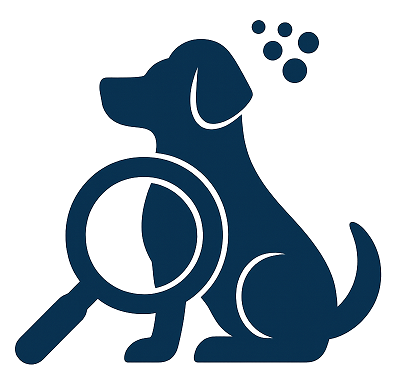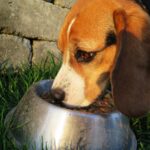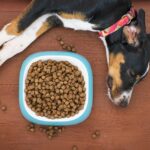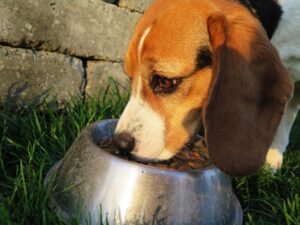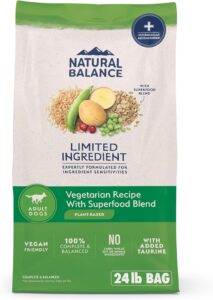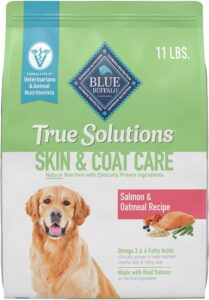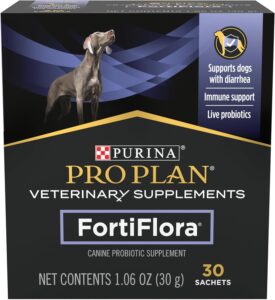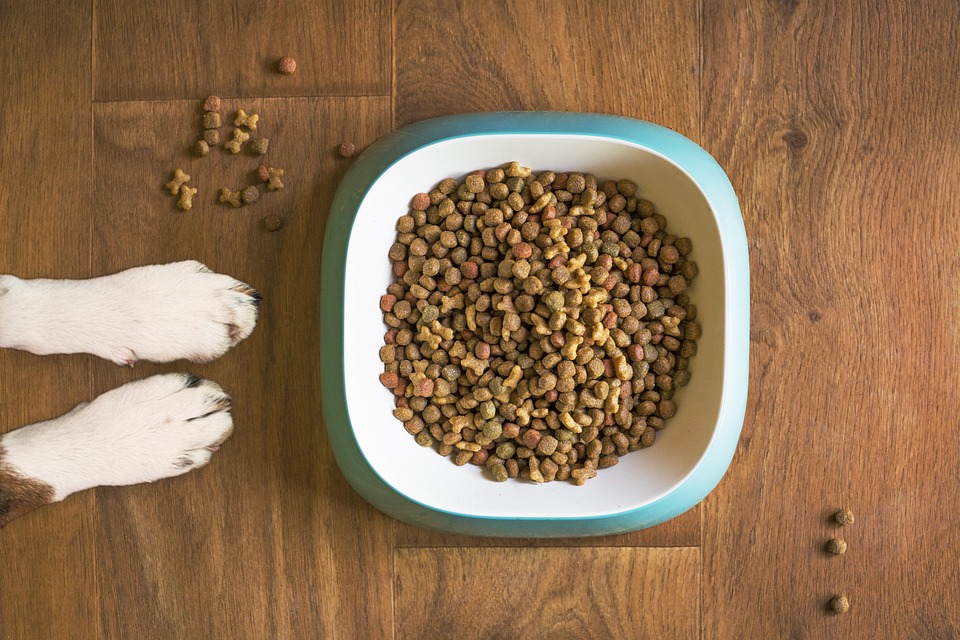
The pet food industry has witnessed a significant shift in consumer preferences over the past decade, with grain-free dog food surging in popularity. Initially marketed as a healthier alternative, grain-free diets have been propelled by perceptions that grains in dog food are fillers and that dogs have an ancestral predisposition to a grain-free diet. However, recent studies and reports from veterinary circles have raised concerns about the potential hidden dangers of grain-free dog food. This article delves into these concerns, aiming to provide dog owners with a comprehensive understanding of the implications of choosing grain-free options for their furry friends.
The Rise of Grain-Free Dog Food
Grain-free dog foods emerged as a response to pet owners’ increasing demand for more “natural” and “wholesome” diets. These diets replace grains like wheat, corn, and rice with alternative carbohydrate sources such as sweet potatoes, lentils, and peas. The grain-free trend was partly influenced by the human gluten-free movement, along with marketing that suggested grains were not a natural part of a dog’s diet.
Misconceptions About Grain-Free Diets
One of the primary misconceptions driving the popularity of grain-free dog food is the belief that grains are inherently bad for dogs. While it is true that some dogs have specific grain allergies, these cases are relatively rare. In fact, grains can be a valuable source of essential nutrients, including fibers, vitamins, and minerals.
Dogs’ Ancestral Diets
Many proponents of grain-free diets argue that dogs’ ancestors, wolves, did not consume grains, and thus, modern dogs should not either. However, through thousands of years of domestication, dogs have evolved to digest starches more efficiently than their wild counterparts. This evolutionary adaptation means that most dogs can process grains without issue.
Potential Health Risks of Grain-Free Dog Food
While grain-free diets can be suitable for some dogs, there is growing evidence that these diets may pose health risks. The concerns center around nutritional deficiencies and a potential link to canine dilated cardiomyopathy (DCM).
Canine Dilated Cardiomyopathy (DCM)
Canine DCM is a serious heart condition that affects the heart muscle, causing it to become enlarged and weakened, which can lead to heart failure. While DCM can be genetic, a disturbing number of cases have been reported in breeds not typically predisposed to the condition, leading researchers to investigate dietary causes.
FDA Investigation
In 2018, the U.S. Food and Drug Administration (FDA) began investigating reports of DCM in dogs eating certain types of pet food, many of which were labeled as “grain-free.” The investigation found that these foods often used peas, lentils, chickpeas, and various types of potatoes as primary ingredients, and there appeared to be a potential correlation between these diets and an increased risk of DCM.
Nutritional Imbalances
Grain-free diets can also lead to nutritional imbalances. The exclusion of grains means these diets may lack essential nutrients that grains typically provide. Moreover, the high reliance on legumes and potatoes can skew the balance of amino acids, potentially affecting heart and muscle health.
Understanding Taurine Deficiency
One of the key areas of concern with grain-free diets is their potential link to taurine deficiency, a condition that has been associated with DCM.
Role of Taurine
Taurine is an amino acid that plays a vital role in the function of the heart and eyes. Unlike cats, dogs can synthesize taurine from other amino acids, such as cysteine and methionine, found in their diet. However, some breeds are less efficient at this conversion, making dietary taurine more critical.
Impact of Ingredients
Grain-free diets, particularly those high in legumes, may interfere with taurine absorption or synthesis. In some of the DCM cases investigated, affected dogs were found to have low blood taurine levels, suggesting a possible link between diet and taurine deficiency.
Implications for Dog Owners
Dog owners who have switched to or are considering grain-free diets should be aware of these potential risks. While some dogs may thrive on grain-free foods, particularly if they have specific allergies, others may not. It is crucial to weigh the benefits against the risks and to consult with a veterinarian when making dietary choices.
Consultation and Testing
Before making any significant changes to your dog’s diet, consult with a veterinarian. They can help determine if a grain-free diet is appropriate for your dog and recommend necessary tests, such as taurine levels or heart health checks, particularly if your dog is on a grain-free diet.
Choosing the Right Dog Food
When selecting dog food, consider the overall nutritional profile rather than focusing solely on the presence or absence of grains. Look for complete and balanced diets approved by the Association of American Feed Control Officials (AAFCO) or equivalent organizations. Ensure that the food provides all essential nutrients, including adequate levels of taurine.
Conclusion
While grain-free dog foods have become a popular choice among pet owners, it is essential to approach these diets with caution. The potential risks, particularly concerning DCM and nutritional imbalances, underscore the importance of making informed dietary decisions. By understanding the hidden dangers of grain-free dog food and consulting with veterinary professionals, dog owners can ensure their pets receive the nutrition they need for a healthy and happy life.
#ChatGPT assisted in the creation of this article.
